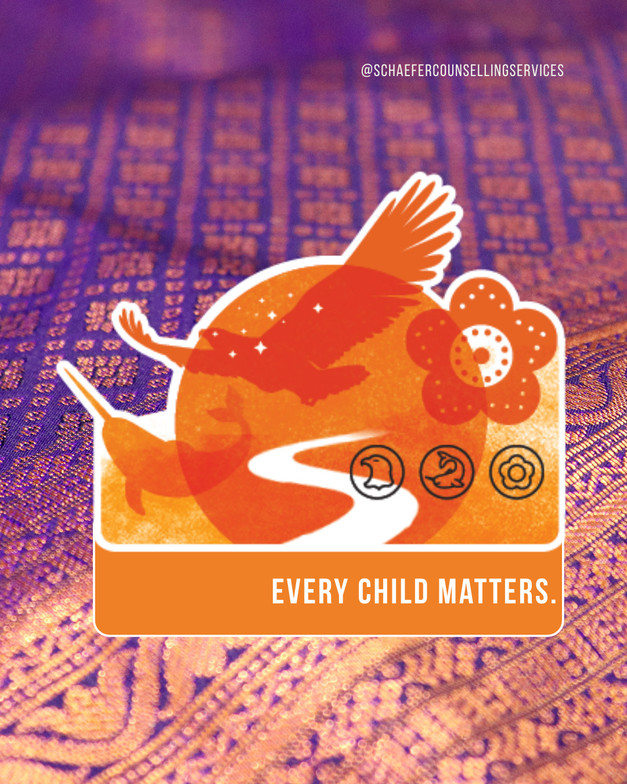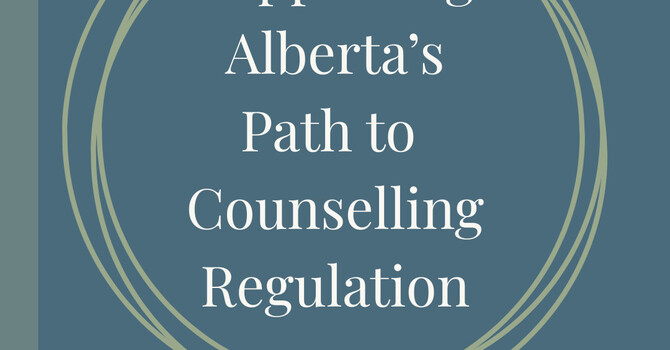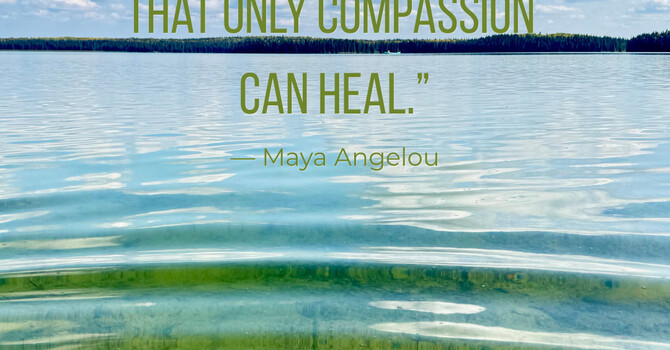
September 30 is the National Day for Truth and Reconciliation, a day to honour the children who never returned home, the Survivors of residential schools, and their families and communities. Beyond remembrance, this day invites each of us to reflect on the deep, ongoing impact of trauma and loss that continues to affect generations.
Healing from historical and intergenerational trauma is not linear. It takes time, awareness, and gentle engagement with difficult truths. Just as we care for our own emotional well-being, this day reminds us of the importance of collective care—listening, learning, and holding space for experiences that may be outside our own.
Reconciliation is more than a single act—it is a journey. It asks us to learn, unlearn, and show up with humility and compassion, both for ourselves and for others. Even small steps, like educating ourselves about Indigenous histories, supporting Indigenous voices, or simply pausing to truly listen, contribute to this ongoing process.
On this day, allow yourself a moment to reflect: how can you participate in reconciliation in a way that is respectful, thoughtful, and grounded in care? Healing begins with truth, and each mindful, compassionate action helps carry that work forward.

Annika Schaefer
Contact Me



